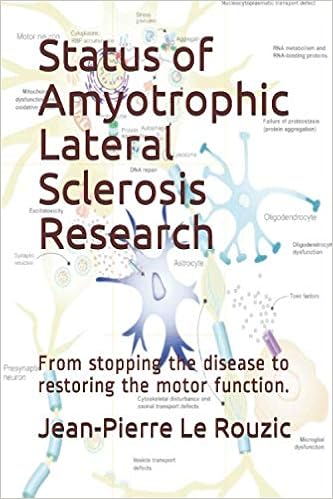In most of the organs of our body, the lymphatic system is responsible for conducting lymph between different parts of the body. The lymphatic system processes an average of 3 liters of lymph per day. Lymph lies between the blood vessels and the cells. The lymphatic system provides a return route to the blood vessels for lymph. Lymph also allows immune cells to circulate in the lymph nodes, allowing immune surveillance of body tissues.
It was historically believed that the brain and meninges lacked a lymphatic vascular system. For more than a century, the dominant hypothesis was that the flow of cerebrospinal fluid, could replace peripheral lymphatic functions and play an important role in the clearance of extracellular fluids.
It was recently discovered (2014) by Jonathan Kipnis and other scientists that a pathway connects the glymphatic system (a recently discovered central nervous system waste disposal system) to the meningeal compartment, which surrounds the brain and the spinal cord.

Pathologically, neurodegenerative diseases such as amyotrophic lateral sclerosis, Alzheimer's disease, Parkinson's disease, and Huntington's disease are all characterized by progressive loss of neurons, cognitive decline, motor impairments, and sensory loss.
Collectively, these diseases fall into a broad category called proteopathies due to the common assembly of misfolded or aggregated intracellular or extracellular proteins. According to the dominant hypothesis of Alzheimer's disease, the aggregation of amyloid-beta in extracellular plaques leads to neuronal loss and cerebral atrophy which is the hallmark of Alzheimer's dementia.
For 2O years anti-amyloid clinical trials failed. Recently an anti-amyloid drug, Biogen and Eisai's aducanumab, has shown mixed efficacy in clinical trials in slowing cognitive decline.
A research team led by pioneers such as Jonathan Kipnis, offers a possible explanation for these disappointing clinical results. Jonathan Kipnis describes the meningeal lymphatic system as a waste disposal system for the central nervous system. If aducanumab or other drugs targeting misfolded proteins break these aggregates, but the debris cannot be removed due to deficiencies in the meningeal lymphatic system, then the patient's condition cannot improve.
Therefore improving the function of lymphatic drainage may have a positive impact on the effectiveness of this type of medication. To test this theory, Kipnis and his colleagues used versions of aducanumab and another drug targeting amyloids, BAN2401, in a mouse model of Alzheimer's disease.
Mice with impaired lymphatic drainage systems showed a higher accumulation of beta-amyloid plaque than controls with intact drainage systems. They also displayed a decreased influx of antibody drugs into the brain from the surrounding fluid. Changes in a type of immune cell in the brain called microglia, which shed dying cells and other debris, was also observed. When the lymphatic drainage was blocked it caused the microglia to go into an inflammatory state.
To explore the therapeutic potential of drugs acting on the meningeal lymphatic system, scientists combined aducanumab or BAN2401 with a C-virus-mediated vascular endothelial growth factor, in hopes of expanding the network of meningeal lymphatics. Mice treated with this therapy showed significantly reduced beta-amyloid accumulation compared to those who received only anti-amyloid drugs.
These findings suggest that it may be possible to develop drugs that target microglia and blood vessels in the brain - both of which are important in Alzheimer's disease - by modulating lymphatic vessel function.

